Please introduce yourself and tell us about your role at the Universal Health Coverage (UHC) Partnership?
Gérard Schmets: I’m Gerard Schmets, the Deputy Director of the WHO Special Programme for Primary Health Care. My role is to oversee the WHO corporate approach for the implementation, monitoring, and reporting on primary health care (PHC) for universal health coverage (UHC). This also includes related activities in countries, regions, and at headquarters and their linkages with WHO normative work and capacity building programmes.
A major contributor to this work is the UHC Partnership, where I’m in charge of coordinating the WHO UHC Joint Working Team, which is a platform that brings expertise and coherence to all levels of WHO (from countries, to regions and global offices) and their work on PHC and UHC.
Denis Porignon: I’m Denis Porignon, head of the Country Impact Unit in the WHO Special Programme for Primary Health Care, leading the UHC Partnership since its inception in 2011.
I have been working with WHO since 1997, first as the main policy adviser to the Minister of Health of Rwanda until 2001, and since 2007 at WHO headquarters as senior policy advisor for the Department of Health Systems Development.
In this frame, I support strategic health policy dialogue in countries. This helps orient them on the path towards UHC.
The UHC Partnership is one of WHO’s largest platforms for international cooperation on universal health coverage and primary health care. When was the UHC Partnership founded, and why?
Denis Porignon: The UHC Partnership was created in 2011 as a joint undertaking by the European Union and WHO to enhance health governance through policy dialogue and strategic and technical assistance. This programme aims to build resilient and integrated health systems to accelerate progress towards UHC and health security through a PHC approach.
It is founded on the WHA resolutions on strengthening national policy dialogue to build more robust health policies, strategies, and plans (A64-R8, 2011). This resolution represents a significant change in the approach to strengthening health systems, recognizing the importance of health policies to ensure a comprehensive approach to health, going beyond service delivery to also include the various components of health security and the social determinants of health.
To ensure consistency and efficiency, the UHC Partnership developed a specific tailored and bottom-up approach based on the prioritries identified by countries as well as their capacities. This enables flexible and agile programming that can adapt quickly to evolving contexts such as in health emergencies like the COVID-19 pandemic, disease outbreaks, natrural disasters and war or conflict.
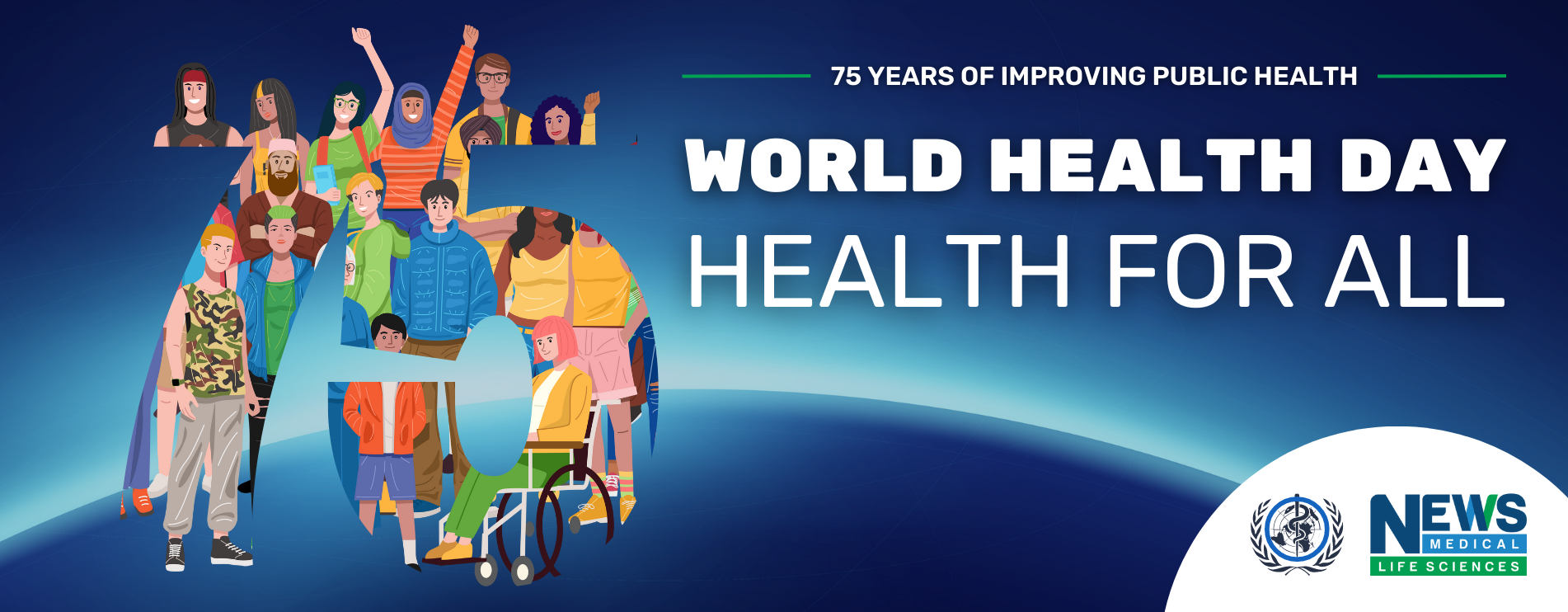
A decade on, the UHC Partnership has deployed a large network of more than 130 health policy advisers to support the provision of technical assistance for PHC and UHC in 120 countries. They have been progressively incorporated into the core workforce of WHO to create one of the largest and most effective technical and operational platforms and networks for international cooperation on PHC and UHC. In addition, the UHC Partnership is supporting the development of WHO technical products on norms, standards, data, and research for health.
What is UHC, and why is it important?
Gérard Schmets: Universal Health Coverage means that all people have access to the full range of quality health services they need, along the full continuum of health services, when and where they need them, without financial hardship.
In 2015, when the United Nations General Assembly adopted UHC as one of the new 2030 Sustainable Development Goals (SDGs), countries reaffirmed that health is a precondition for and an outcome of the social, economic, and environmental dimensions of sustainable development.
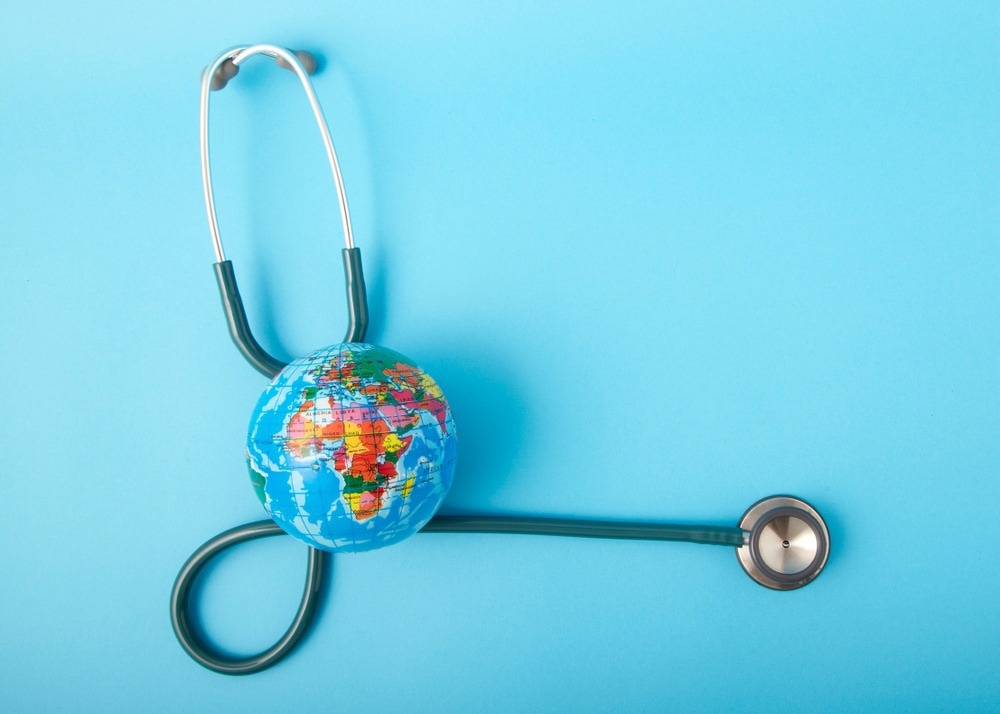
Image Credit: 1981 Rustic Studio kan/Shutterstock.com
UHC is a fundamental element in reducing inequalities between people because it increases people's access to health services and protects them against catastrophic health expenditures. To move towards UHC, WHO made a priority to reorient health systems through an approach we call primary health care or PHC. This is a whole-of-society approach to health that focuses on three components: essential primary care and essential public health functions; multisectoral policy and action; and empowerment of people and communities. It serves as a critical first line of defense during outbreaks in preventing diseases and improving the health of all communities. PHC is a way to promote the health and wellbeing of everyone, everywhere, and to prevent diseases by addressing their root causes and creating conditions for health to thrive.
What role does policy play in the path toward UHC?
Gérard Schmets: Multisectoral public health policies play a key role in advancing progress towards UHC. Based on evidence, they constitute a rational consensus on the needs of the population, the goals that countries want to achieve, and the solutions required to reach these objectives. They translate international recommendations produced by academics and public health professionals into national legislation to protect public health, fight diseases and work on social determinants of health.
They also provide a structure to align all the necessary resources—infrastructure, financial and human resources, for instance—to reach national public health goals, working hand in hand with macroeconomic and other sectoral policies.
In addition, public health policies establish a common framework of action for partners who wish to support governments in their work to improve health for all. They promote the coordination and the alignment of national and international health partners on the actions carried out by ministers of health.
Are there any particularly inspiring case studies showing the journey toward UHC?
Denis Porignon: From 2000 to 2019, the UHC service coverage globally has increased from 45 to 67. As indicated in the 2019 UHC global monitoring report, all countries benefiting from dedicated strategic and technical assistance from the UHC Partnership have seen an increase in their UHC service coverage index during their involvement in the UHC Partnership prior to the COVID-19 pandemic.
This progress is the result of the global movement for UHC and can be attributed to the work of national authorities with the support of international and national health partners, including the contribution of UHC Partnership on policy and strategic aspects related to PHC and UHC. The 2021 UHC global monitoring report revealed that prior to the COVID-19 pandemic, improvements in service coverage were driven by massive investments to tackle communicable diseases. However, financial protection against catastrophic expenditure for health is not progressing so well, and much work remains to be done.
Many countries took inspiring actions to move towards UHC. In Africa, Capo Verde made great improvements to achieve the right to health of its people. As a lower-middle-income country, it demonstrated that its health status is commensurate to high-income countries. Overall life expectancy, morbidity, and mortality rates are better than the regional average, and the country is on track to achieve the SDGs.
In the Pacific, Timor Leste has made a remarkable journey to build democratic health institutions and progress towards UHC. For instance, the country has been measles-free since 2017 and is on track to eliminate malaria, decreasing the incidence rate by 99% between 2006 and 2017. Adopting similar principles to the UHC Partnership, the government established legal frameworks to promote inclusive decision-making processes and improve the representation of communities.
How did the COVID-19 pandemic impact UHC? Are countries/communities now recovering from these impacts?
Gérard Schmets: As recent years have shown, the increasing frequency and severity of climate-related hazards, combined with the added challenge of vector-borne diseases (Ebola, Zika, Dengue, Chikungunya), impose a heavy toll on societies and economies, and place a heavy burden on health systems. The COVID-19 pandemic was not an exception, leading to setbacks in health gains and efforts to achieve UHC.
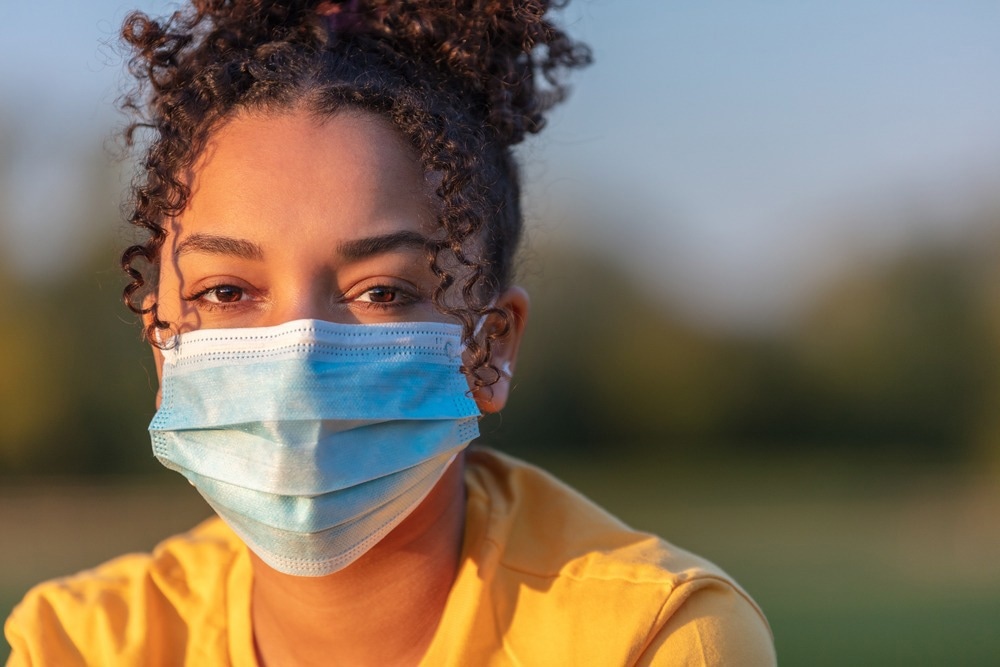
Image Credit: Darren Baker/Shutterstock.com
This pandemic has confirmed that every country is exposed to public health emergencies through direct impact on mortality and morbidity, disruption to health systems functions and essential services, as well as economic and social consequences at the national and global levels. At least 94% of countries reported disruptions to essential services during the pandemic.
The disruption of health services was especially problematic for those living with chronic diseases who needed regular care. Other examples include routine immunization, where 25 million children under five-years-old missed out on planned vaccinations.
The COVID-19 pandemic also demonstrated that efforts to strengthen health systems are mostly fragmented and do not ensure adequate commitment to or resourcing essential public health functions to enable resilience, safeguard health, and insulate essential health service delivery.
Overall, progress is still being made, with average service coverage improving in most countries. However, inequalities continue to be a fundamental challenge for UHC. Even where there is national progress on health service coverage, the aggregated data mask the inequalities within countries. WHO is calling on national authorities, as well as technical and financial partners, to reorient health systems towards a PHC approach to get back on track and achieve UHC and health security for all.
This year’s World Health Day theme is ‘Health For All.’ What does this message mean to you and for global health?
Denis Porignon: Health for all means that everyone, wherever on our planet and without any distinction, should have the highest personal state of health and well-being, which cannot be reduced to the absence of diseases or the ability to access health services. This goal pursues the ideal of social justice, which is at the foundation of WHO. This means everyone can grow, live, work, and age in environments that will ensure longer, healthier, and happier lives in a peaceful, prosperous, and sustainable world.
UHC is first a political and social choice; attaining health for all requires strong political leadership to transform people’s lives, shifting from economics driven by profit to economics driven by fairness and wellbeing. The length and quality of life, measured through the quality-adjusted life years and the disability-adjusted life years, should then become the new compass, going beyond the gross national product that should only be a means to ensure respect for human rights for everyone, everywhere.
This World Health Day is particularly special as it celebrates the WHO’s 75th birthday. With such an important milestone, why is it important to reflect on past public health successes?
Gérard Schmets: For a long time, the elimination and control of diseases have been representing what should be public health successes. If the eradication of smallpox in 1980 was an important achievement for humanity, we understand during the last decades that vertical approaches for public health will not give the expected results.
Of course, prophylaxis, through the prevention and control of diseases, is still very much necessary. The discovery of penicillin, for instance, saved many lives during the last century, and we have the same hope for the recent malaria vaccine. All these actions must be pursued and intensified through an integrated approach, especially because 30% of the world’s population can still not access the essential health services they need, and almost 2 billion people are facing catastrophic or impoverishing health expenditures.
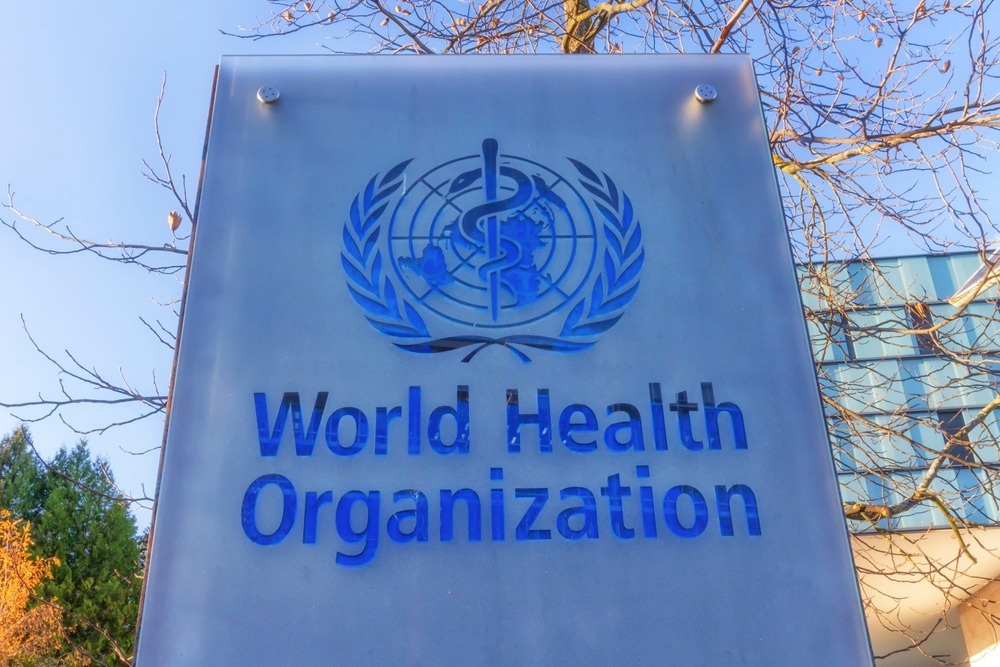
Image Credit: Elenarts/Shutterstock.com
But reaching UHC won’t be sufficient to achieve health for all. The COVID-19 experience has been a trigger for politicians and the public, in general, to realize further and understand the linkages between health, socioeconomic development, and whole-of-society constraints. The social gradient in health demonstrates, for instance, that the poorest of the poor in every country have the worst health related to their socioeconomic position and that this is determined by various factors such as income, education, occupation, gender, and race.
Health inequities affect everyone and are generated by the social organization of power, where no vaccine nor medicine can be discovered to improve the situation. This is why the extension of the UHC Partnership to 115 countries, which is focused on social participation and community empowerment through policy dialogue, can be considered another important success for WHO’s 75th birthday.
What is next for the UHC Partnership?
Denis Porignon: Thanks to the trust that we built with a large community of donors (Belgium, Canada, the European Union, France, Germany, Ireland, Japan, Luxembourg, and the United Kingdom), the UHC Partnership is finalizing its phase IV by the end of 2024, and should continue until at least 2026. It will keep the same objectives, approach, and accountability mechanisms as they demonstrate their efficiencies to support countries in the institutionalization of health policy and strategies for PHC and UHC.
Nevertheless, the scope of activities will be expanded to new countries and new positions of health policy advisors. In addition, after integrating a special focus on noncommunicable diseases (NCDs) and health security, the UHC Partnership will have more interest in two new areas of work related to climate change and digitalization.
Also, following the last World Health Assembly, WHO committed to intensifying its effort to support the reorientation of health systems towards PHC and to increase its budget for intensive PHC support to Member States. Many countries suffer from severe foundational gaps in their health system.
The reinforcement of primary care services and essential public health functions is a priority to ensure a progress towards UHC and health security for all. In addition, the network of health policy advisers will contribute to the development of country investment plans for basic infrastructure for health (water, electricity, sanitation, and supply chain). As they have been doing for the last ten years, health policy advisers will aim to use these processes to create synergies and harmonization between stakeholders and funding streams.
Finally, in 2020, WHO published the Operational Framework for PHC to clarify conceptual definitions and support countries in scaling up PHC implementation. The operational framework proposes operational and strategic levers to translate PHC commitments into actions.
Additionally, a PHC measurement and evaluation framework was published in 2022 to support Member States in assessing, tracking, and monitoring PHC performance to accelerate progress towards UHC and the health-related SDGs. The UHC Partnership will apply this framework to collect data and analyze progress on PHC for UHC. We hope it will give a better understanding of how health systems strengthening initiatives are crucial to ensuring health for all.
Where can readers find more information?
About Gerard Schmets
Gerard Schmets is the Deputy Director of the WHO Special Programme for Primary Health Care (PHC). Before joining the Special Programme for PHC, he was coordinator of the WHO Universal Health Coverage (UHC) Joint Working Team and coordinator of the Health Systems Governance unit at WHO Headquarters. Prior to joining WHO Headquarters, he was Director a.i. of the Division of Health Systems Country Support in the WHO Regional Office for Europe from 2004 to 2008.
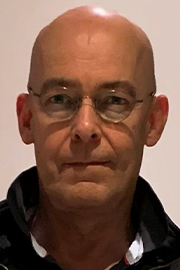 Before joining WHO, Gerard worked intensively on PHC, health systems and health emergencies with MSF (Médecins Sans Frontières / Doctors Without Borders), as co-CEO of AEDES, a public health consulting firm, and of Gemelli, a hospital management consulting firm based in Brussels. His work included long-term, medium-term and short-term missions in more than 80 fragile and low- and middle-income countries in Africa, the Pacific Islands, the Caribbean, Eastern Europe, and Asia.
Before joining WHO, Gerard worked intensively on PHC, health systems and health emergencies with MSF (Médecins Sans Frontières / Doctors Without Borders), as co-CEO of AEDES, a public health consulting firm, and of Gemelli, a hospital management consulting firm based in Brussels. His work included long-term, medium-term and short-term missions in more than 80 fragile and low- and middle-income countries in Africa, the Pacific Islands, the Caribbean, Eastern Europe, and Asia.
Before engaging in public health abroad, Gerard was assistant professor in public finance in the University of Louvain, analyzing the financing of the Belgian health sector and supporting courses on public finance and econometrics. He also worked as econometrician for the European Commission.
About Denis Porignon
Denis Porignon is the head of the Country Impact Unit in the WHO Special Programme for PHC. He has been leading the UHC Partnership since its inception in 2011. Denis has been working with WHO since 1997, when he was the main policy adviser to the Minister of Health of Rwanda until 2001. In 2007, he joined WHO Headquarters as senior policy advisor for the Department of Health Systems Development.
Since 19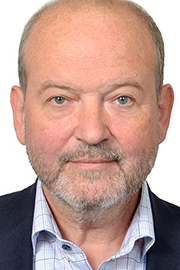 87, and prior to joining WHO, Denis was practicing as a medical doctor, supporting public health projects in West and Central Africa for the University of Brussels and the University of Liege (Belgium). He worked for several years as coordinator for Leprosy and Tuberculosis control for the Damien Foundation in the eastern part of the Democratic Republic of Congo and carried out many missions to more than 15 countries for various multilateral, bilateral, and non-governmental actors in international health.
87, and prior to joining WHO, Denis was practicing as a medical doctor, supporting public health projects in West and Central Africa for the University of Brussels and the University of Liege (Belgium). He worked for several years as coordinator for Leprosy and Tuberculosis control for the Damien Foundation in the eastern part of the Democratic Republic of Congo and carried out many missions to more than 15 countries for various multilateral, bilateral, and non-governmental actors in international health.